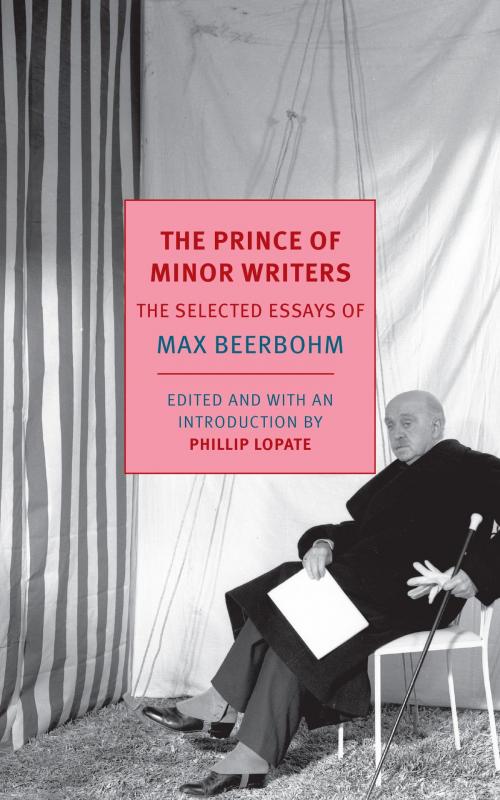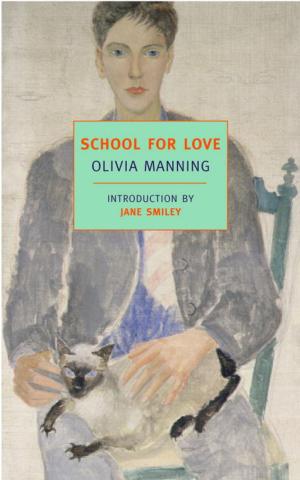The Prince of Minor Writers
The Selected Essays of Max Beerbohm
Fiction & Literature, Literary Theory & Criticism, British, Nonfiction, Entertainment, Humour & Comedy, General Humour| Author: | Max Beerbohm | ISBN: | 9781590178294 |
| Publisher: | New York Review Books | Publication: | June 2, 2015 |
| Imprint: | NYRB Classics | Language: | English |
| Author: | Max Beerbohm |
| ISBN: | 9781590178294 |
| Publisher: | New York Review Books |
| Publication: | June 2, 2015 |
| Imprint: | NYRB Classics |
| Language: | English |
AN NYRB CLASSICS ORIGINAL
Virginia Woolf called Max Beerbohm “the prince” of essayists, F. W. Dupee praised his “whim of iron” and “cleverness amounting to genius,” while Beerbohm himself noted that “only the insane take themselves quite seriously.” From his precocious debut as a dandy in 1890s Oxford until he put his pen aside in the aftermath of World War II, Beerbohm was recognized as an incomparable observer of modern life and an essayist whose voice was always and only his own. Here Phillip Lopate, one of the finest essayists of our day, has selected the finest of Beerbohm’s essays. Whether writing about the vogue for Russian writers, laughter and philosophy, dandies, or George Bernard Shaw, Beerbohm is as unpredictable as he is unfailingly witty and wise. As Lopate writes, “Today . . . it becomes all the more necessary to ponder how Beerbohm performed the delicate operation of displaying so much personality without lapsing into sticky confession.”
AN NYRB CLASSICS ORIGINAL
Virginia Woolf called Max Beerbohm “the prince” of essayists, F. W. Dupee praised his “whim of iron” and “cleverness amounting to genius,” while Beerbohm himself noted that “only the insane take themselves quite seriously.” From his precocious debut as a dandy in 1890s Oxford until he put his pen aside in the aftermath of World War II, Beerbohm was recognized as an incomparable observer of modern life and an essayist whose voice was always and only his own. Here Phillip Lopate, one of the finest essayists of our day, has selected the finest of Beerbohm’s essays. Whether writing about the vogue for Russian writers, laughter and philosophy, dandies, or George Bernard Shaw, Beerbohm is as unpredictable as he is unfailingly witty and wise. As Lopate writes, “Today . . . it becomes all the more necessary to ponder how Beerbohm performed the delicate operation of displaying so much personality without lapsing into sticky confession.”















